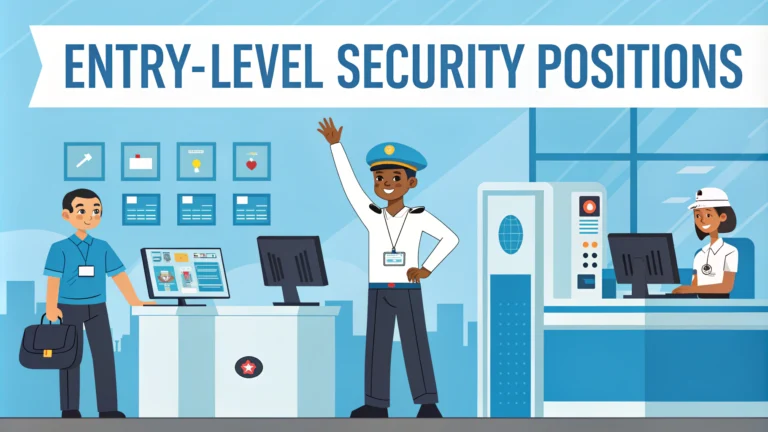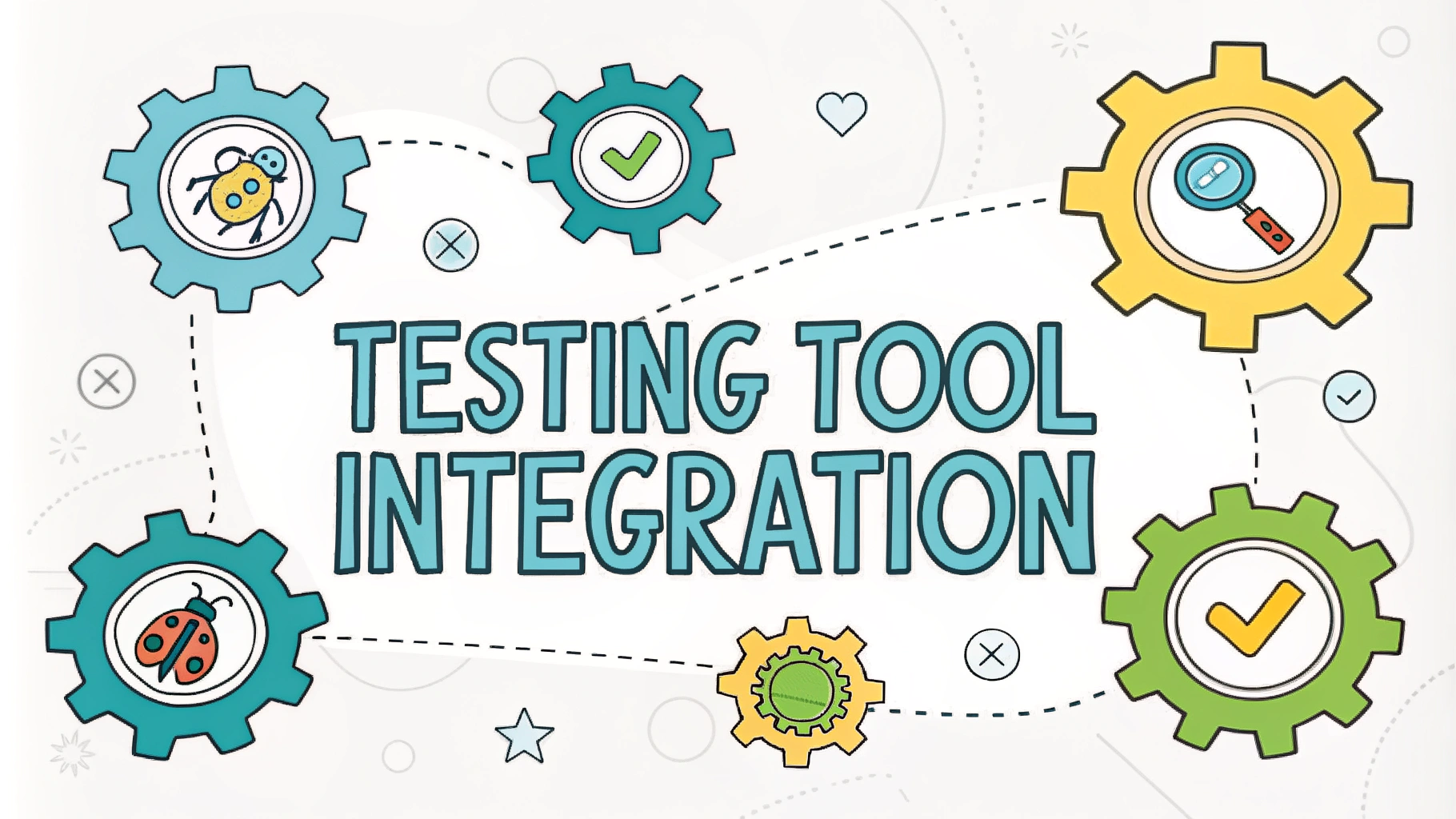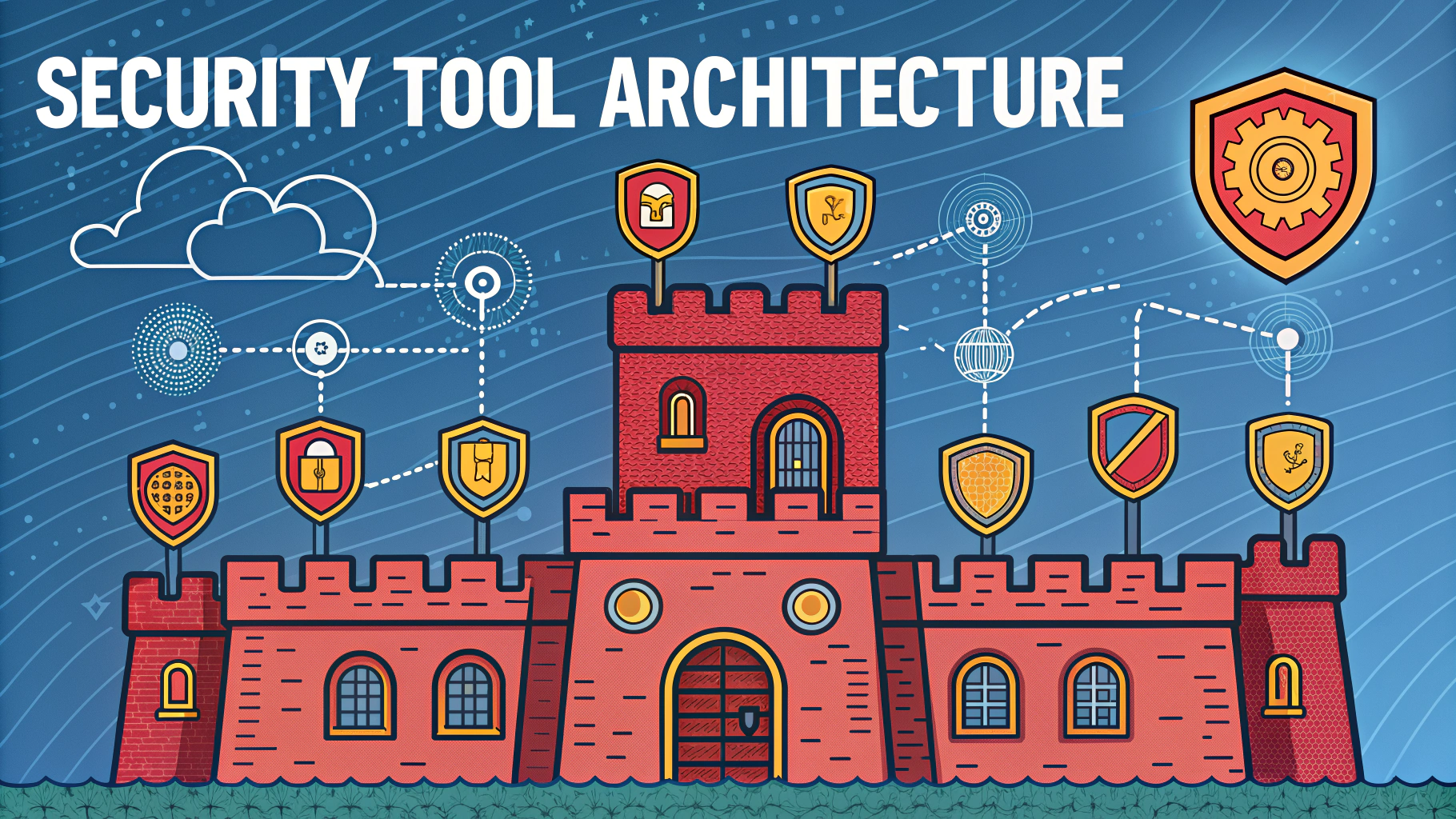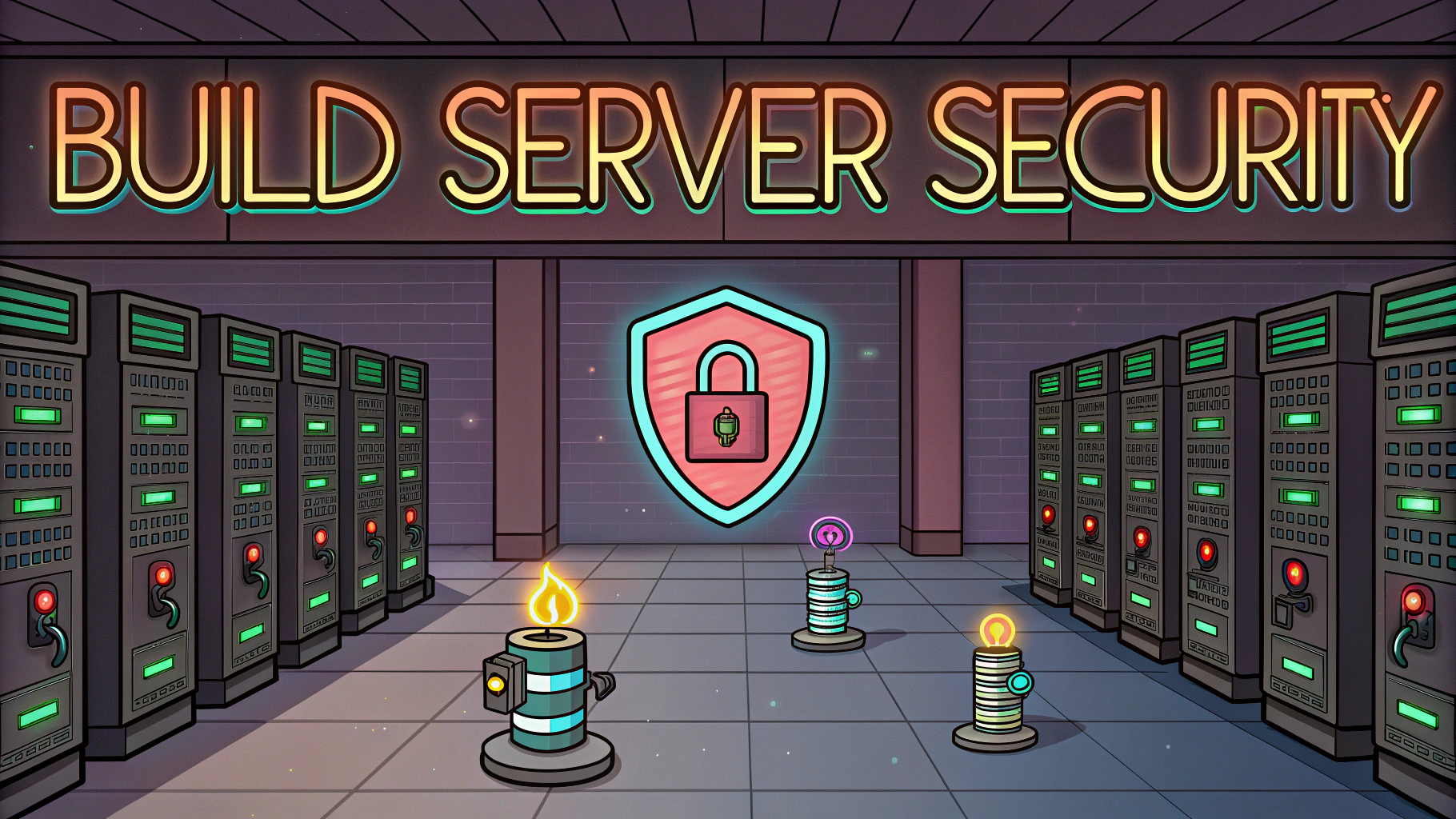Starting a career in penetration testing can be challenging, but many organizations offer entry-level positions for aspiring security professionals.
Understanding the required skills, certifications, and career paths will help you position yourself for success in this competitive field.
This guide outlines the most common entry-level security positions focused on penetration testing, along with practical steps to land your first role.
Common Entry-Level Penetration Testing Positions
- Junior Penetration Tester – Assists senior pentesters with security assessments
- Security Analyst (Focus on Testing) – Combines analysis with basic penetration testing
- Information Security Associate – Entry-level position with exposure to various security tasks
- Application Security Tester – Focuses on testing web and mobile applications
Essential Skills for Entry-Level Positions
- Programming basics (Python, Bash, PowerShell)
- Networking fundamentals (TCP/IP, protocols)
- Linux and Windows operating systems
- Basic web technologies (HTML, JavaScript, SQL)
- Common security tools (Nmap, Burp Suite, Metasploit)
Recommended Certifications
- CompTIA Security+ – Basic security certification, widely recognized
- eLearnSecurity Junior Penetration Tester (eJPT) – Practical entry-level pentesting cert
- Certified Ethical Hacker (CEH) – Popular certification among employers
Where to Find Entry-Level Positions
- Security consulting firms
- Large enterprises with dedicated security teams
- Government contractors
- Managed Security Service Providers (MSSPs)
Building Experience
- Create a home lab for practice
- Participate in bug bounty programs
- Join CTF (Capture The Flag) competitions
- Contribute to open-source security tools
- Document your findings in a blog or portfolio
Online Resources and Learning Platforms
- TryHackMe – https://tryhackme.com
- HackTheBox – https://hackthebox.com
- PortSwigger Web Security Academy – https://portswigger.net/web-security
Professional Communities
- OWASP Local Chapters
- Security BSides Events
- LinkedIn Security Groups
- Reddit Communities (r/netsec, r/AskNetsec)
Next Steps for Growth
Focus on building practical experience through personal projects and hands-on learning while pursuing relevant certifications.
Network with security professionals through conferences, meetups, and online communities.
Keep a detailed record of your security research, projects, and contributions to showcase during job interviews.
Interview Preparation Tips
- Practice common technical interview questions
- Prepare detailed examples of your lab work and projects
- Be ready to explain your methodology and thought process
- Research the company’s security practices and challenges
- Demonstrate enthusiasm for continuous learning
Career Advancement Opportunities
- Senior Penetration Tester – Lead complex security assessments
- Security Consultant – Provide expert guidance to clients
- Red Team Operator – Conduct advanced adversary simulations
- Security Research Specialist – Focus on vulnerability research
Common Challenges and Solutions
Challenges
- Limited job openings for entry-level positions
- High competition in the security field
- Rapidly evolving technology landscape
- Complex certification requirements
Solutions
- Build a strong portfolio of practical experience
- Develop unique specializations
- Network actively within the security community
- Stay updated with latest security trends
Launching Your Security Career
Success in penetration testing requires dedication to continuous learning and practical skill development. Start with foundational knowledge, gain hands-on experience through labs and projects, and gradually build expertise in specialized areas.
Remember that every security professional started as a beginner. Focus on consistent growth, engage with the security community, and maintain high ethical standards throughout your career journey.
Stay persistent in your job search and use each learning opportunity to strengthen your security testing capabilities and professional network.
FAQs
- What qualifications do I need for an entry-level penetration testing position?
A bachelor’s degree in cybersecurity, computer science, or related field is preferred but not always mandatory. Key certifications like CompTIA Security+, CEH (Certified Ethical Hacker), or OSCP (Offensive Security Certified Professional) are highly valued. - What technical skills are essential for entry-level penetration testing roles?
Proficiency in programming languages (Python, Bash), understanding of networking protocols, knowledge of common security tools (Metasploit, Burp Suite, Nmap), familiarity with Linux operating systems, and basic web application security concepts. - How much can I expect to earn in an entry-level penetration testing position?
Entry-level penetration testers typically earn between $60,000 and $85,000 annually in the United States, varying by location, company size, and specific role requirements. - What are the common job titles for entry-level penetration testing positions?
Junior Penetration Tester, Security Analyst, Information Security Analyst, Junior Security Consultant, Associate Security Engineer, or Security Operations Analyst. - What types of companies hire entry-level penetration testers?
Cybersecurity consulting firms, managed security service providers (MSSPs), large enterprises with dedicated security teams, government agencies, and financial institutions. - What experience should I gain before applying for entry-level penetration testing roles?
Build a home lab, participate in CTF (Capture The Flag) competitions, contribute to bug bounty programs, complete relevant internships, and maintain documentation of your security findings and projects. - What are the typical day-to-day responsibilities of an entry-level penetration tester?
Conducting vulnerability assessments, documenting findings, writing technical reports, using security tools for scanning and testing, participating in team meetings, and supporting senior penetration testers. - What career progression opportunities exist after starting as an entry-level penetration tester?
Progress to Senior Penetration Tester, Security Consultant, Red Team Operator, Application Security Engineer, or Security Manager, with increasing responsibilities and specialized focus areas. - How long does it typically take to land an entry-level penetration testing position?
Generally 6-18 months of focused preparation, including obtaining certifications, building practical skills, and gaining relevant experience through internships or personal projects. - Which programming languages should I focus on learning first?
Python is essential for automation and tool development, followed by Bash for scripting. Knowledge of web technologies (HTML, JavaScript) and SQL is also valuable.







